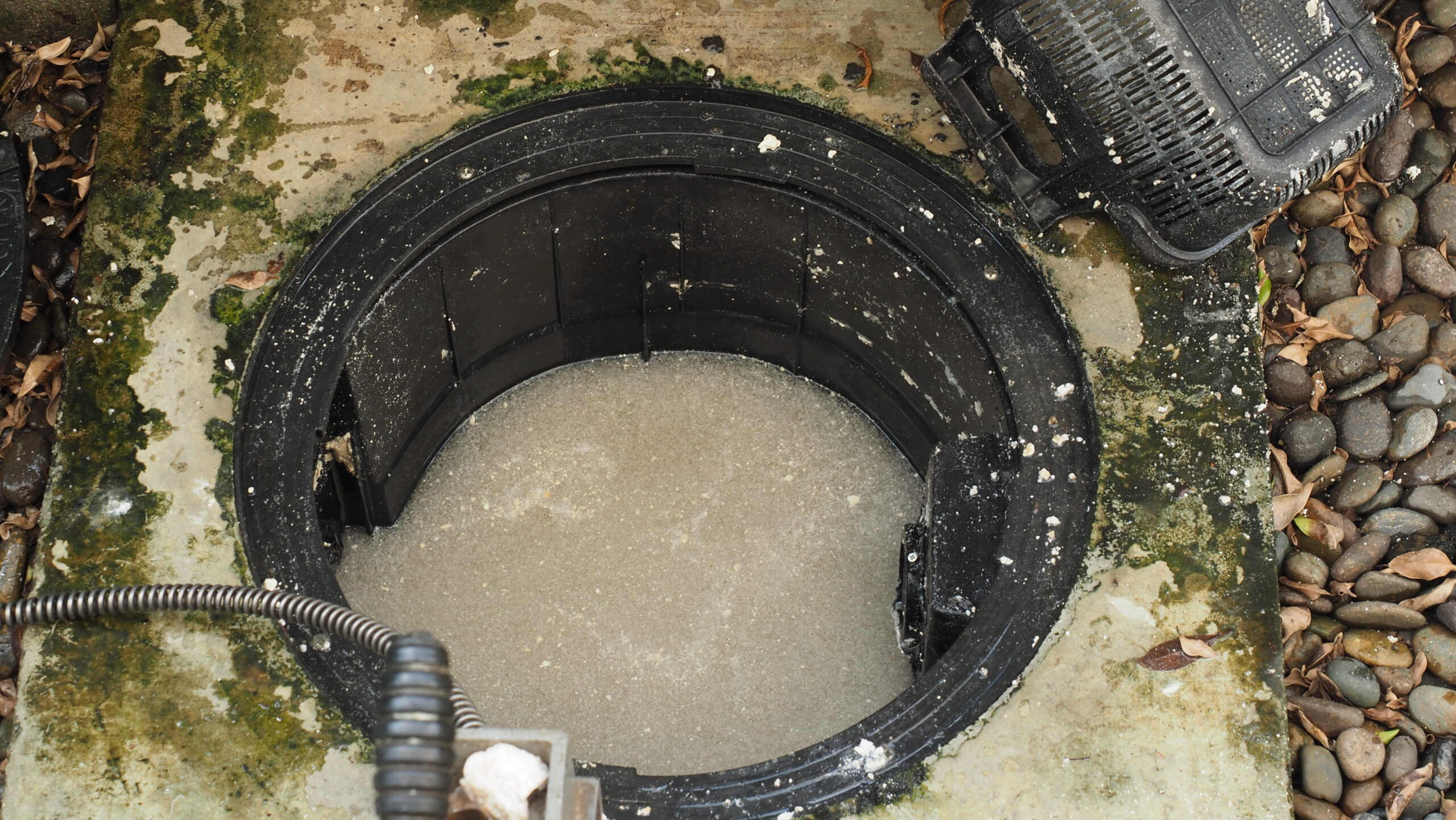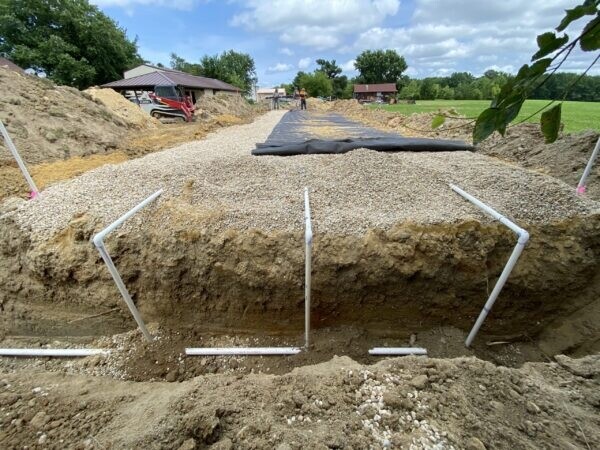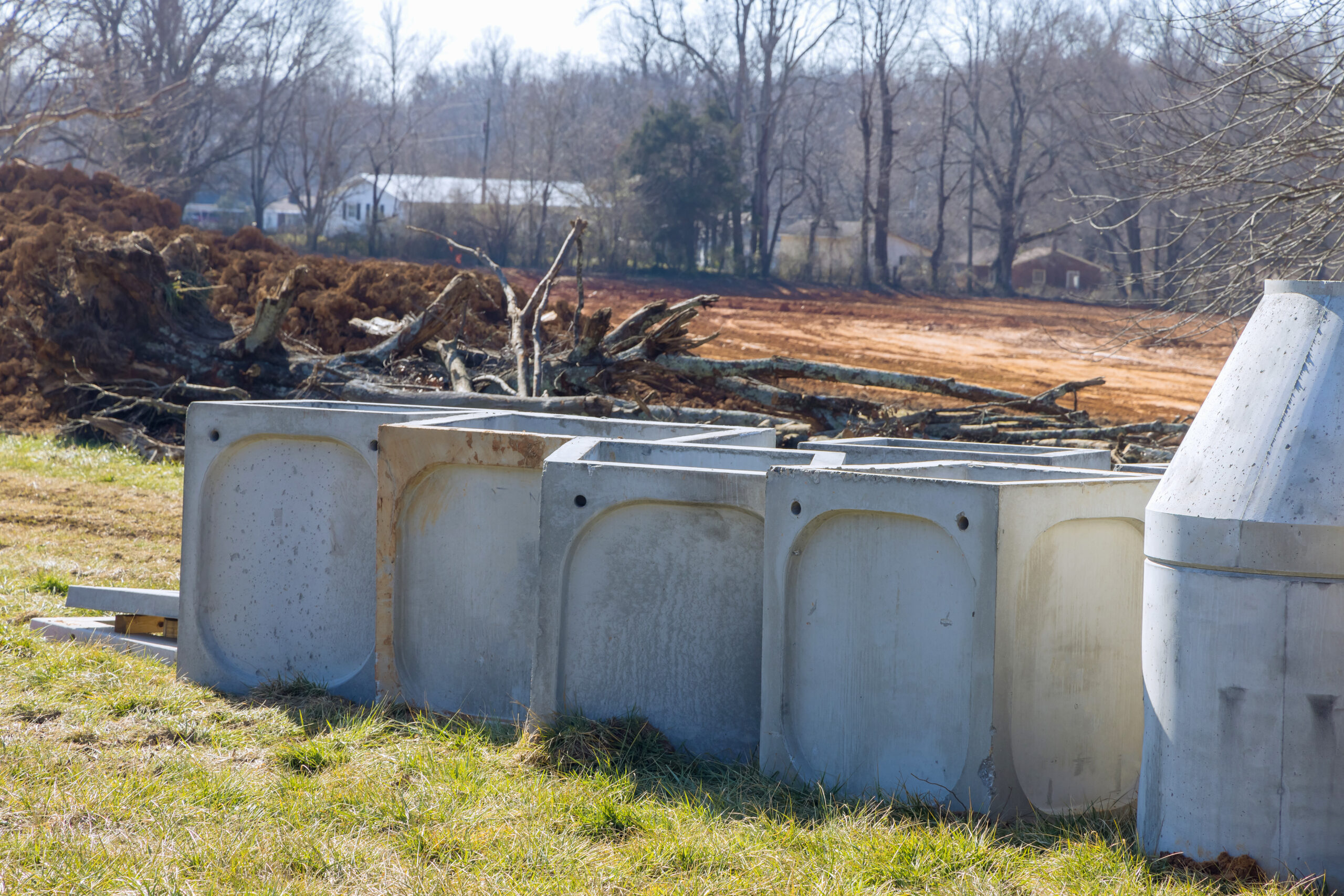Skipping your Septic Tanks Regular Maintenance and Inspections
One of the most common and costly mistakes is neglecting routine septic tank cleaning and maintenance. Many homeowners adopt an “out of sight, out of mind” approach, only addressing issues when problems arise.
Regular maintenance is key to keeping your septic system in top shape. Schedule professional inspections every 1-2 years to catch any potential issues early. Minor inspections can be done when the system is fully pumped out. This proactive approach helps extend the lifespan of your system and ensures it’s functioning efficiently.
Pumping your tank every 2-3 years, depending on your household size, is a must. This prevents buildup and keeps your system running smoothly. Keep detailed records of all maintenance activities to track your system’s history and make informed decisions.
Note: The cost of regular maintenance is significantly lower than emergency repairs or system replacement. Learn more about septic tank inspections.
Using Harmful Chemical Cleaners
Chemical drain cleaners may seem like an easy fix for clogs, but they can wreak havoc on your septic system. These harsh products kill the beneficial bacteria your system relies on to break down waste, corrode pipes and tank components, and disrupt the natural biological processes. Over time, this can lead to costly repairs and reduced efficiency.
Instead, opt for safer alternatives. Enzymatic drain cleaners designed for septic systems are a great choice, as they work without harming your system. Natural solutions like baking soda and vinegar or calling in a professional for tough clogs are far better options for keeping your septic system healthy.
Improper Waste Disposal Habits
Your septic system is not a trash can, and treating it like one can lead to serious issues. Flushing or disposing of inappropriate items can clog your system, disrupt its function, and result in costly repairs. Taking care of what goes into your system is essential for keeping it running smoothly.
Always avoid flushing items like “flushable” wipes (they’re not truly flushable), paper towels, tissues, or feminine hygiene products. Similarly, never pour coffee grounds, cooking oil, paint, chemicals, or medications down the drain. Proper waste disposal habits are a simple way to protect your septic system and save money in the long run.
Ignoring Warning Signs of Septic Problems
Catching septic issues early can save you from major headaches and costly repairs. Ignoring warning signs like slow-draining sinks, gurgling sounds in pipes, or sewage odors can lead to serious system failures. Acting quickly at the first sign of trouble can make all the difference.
Be on the lookout for wet spots in your yard or unusually lush grass over the septic field, as these could indicate leaks. Backups in toilets or drains are another red flag that should never be ignored. If you notice any of these issues, call a professional right away to address the problem before it escalates.
Remember: The longer you wait to address these issues, the more expensive the solution becomes.
Poor Grease Management
Grease is a top culprit behind septic system failures. When hot grease cools in your pipes, it solidifies into stubborn blockages that can clog your system and lead to expensive repairs. Taking proactive steps to manage grease can help you avoid these issues.
Start by cooling and collecting cooking oil in containers for proper disposal instead of pouring it down the drain. Wipe greasy pans with paper towels before washing and use sink strainers to catch food particles. Minimize garbage disposal use, as it adds unnecessary strain to your system, and stick to these simple habits to keep your septic system running smoothly.
Overwhelming the System with Water
Your septic system works best when it has time to process wastewater efficiently. Overloading it with too much water at once can overwhelm the system, leading to backups and potential failure. Managing your water usage is key to keeping everything flowing smoothly.
Space out laundry loads throughout the week instead of doing them all at once. Install water-efficient fixtures and appliances to reduce excess water usage, and promptly fix any leaky faucets or running toilets. Additionally, direct roof runoff away from your drain field to prevent unnecessary strain on your septic system.
Essential Septic Tank Maintenance Tips
Keeping your septic system in top condition starts with good habits. Maintain detailed records of all services and inspections so you’re always on top of its health. Installing water-saving devices can also reduce strain on the system and improve its longevity.
Protect your drain field by keeping heavy vehicles and equipment off it to prevent compaction. Always use septic-safe products in your home to avoid disrupting the system’s natural processes. Finally, educate your family members about what can and cannot go into the system—good practices are a team effort!
When to Call a Professional
While regular maintenance helps prevent most problems, certain situations call for immediate professional help. Sewage backups, standing water around your septic tank, or alarms sounding are clear signs that something is wrong. Ignoring these issues can lead to bigger, costlier problems.
Other red flags include multiple slow-draining fixtures in your home or persistent sewage odors. These could indicate serious underlying issues that need expert attention. When in doubt, it’s always better to call a professional and address the problem promptly to avoid long-term damage.
Conclusion
Avoiding these common septic tank cleaning mistakes can save you time, money, and stress while protecting the environment. Remember, prevention is always better than cure when it comes to septic tank system treatment and septic tank cleaning.
Don’t let small mistakes turn into costly repairs—take the first step in maintaining your septic system. Schedule a service with our experts today and keep your system running smoothly!




